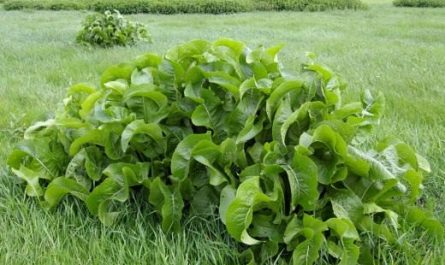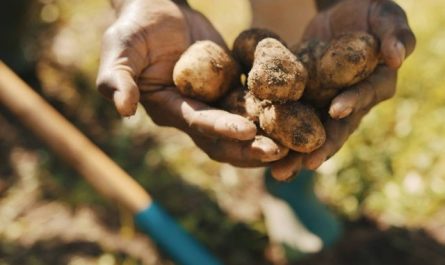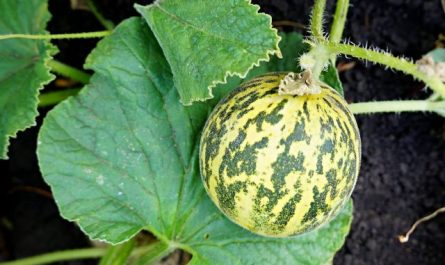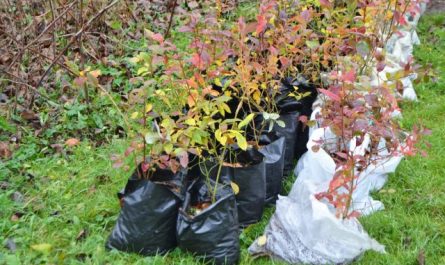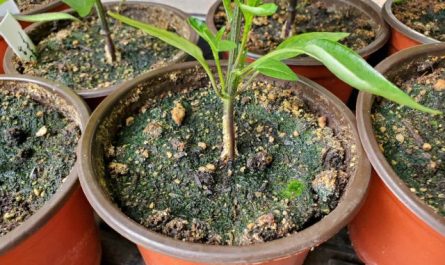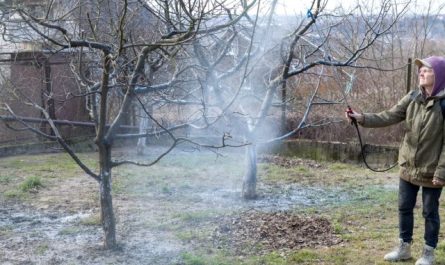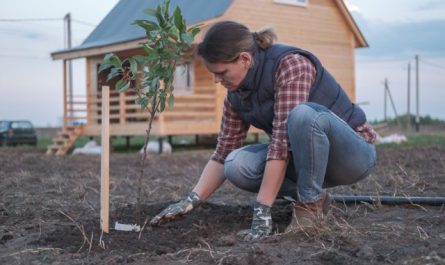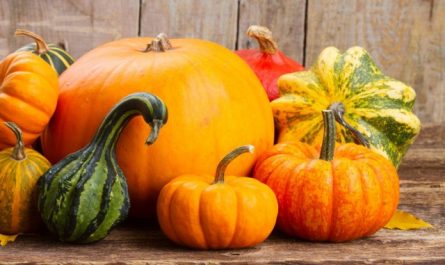Feeding wild wintering birds in your garden or park is not just an act of mercy to our smaller brothers, but also a contribution to the future harvest. According to ornithologists, one tit can save up to 10 trees from pests per season, and one bird feeder provides food for up to 50 tits! Even a child knows that sunflower seeds are most often poured into the bird feeder. But there are many different kitchen waste that can also become a source of food for birds. Some products from our table are ideal for birds, while others can do more harm than good. Let’s take a closer look at what can and cannot be fed to birds.

What is the best food to feed wild birds?
High nutritional value and high caloric content of food will give birds a lot of energy and ensure the creation of fat reserves that will help the birds survive the cold winter nights. Therefore, it is necessary to feed the birds in your garden with quality food.
Most garden bird species will enjoy sunflower seeds, nuts, and live or dried mealworms. For convenience, you can use ready-made specialized high-quality mixtures for birds. In this case, choose food that contains a large amount of sunflower seeds and millet. Mixtures with a large amount of unappetizing fillers, such as wheat and corn, are not very attractive to birds.
Avoid seed mixes that contain beans, peas, rice, and lentils. Only larger species of birds can eat them dry, and they rarely come to the feeders. But prepared bird food and sunflower seeds are not the only suitable foods you can feed your birds.
By using kitchen scraps as bird food, you are using extra food for a good cause. You could have just thrown it away! By turning scraps into bird food, you are not losing anything. And the birds enjoy a wide variety of food, flying to the feeders again and again.
Attention: Remember that the basis of the diet when feeding birds should still be specialized mixtures or sunflower seeds. If the birds ate nothing but kitchen scraps, they would not be able to get enough nutrients for healthy growth and energy. At the same time, improper nutrition can lead to health problems, such as obesity or feather deformation. To avoid harm, offer food scraps in limited quantities.

The best products for birds from our table
Fruits and berries without seeds or pits
Many fruits, berries, raisins, fresh grapes and even bananas and oranges can be used to feed birds. They will certainly like such a treat. While many birds will enjoy fruits in hot countries, those birds that stay with us for the winter will also have the opportunity to enjoy a vitamin supplement.
Place sliced apples, tangerine slices, banana slices, grape halves and melon rinds inside the feeders, hang them on thorns or thin tree branches, and the birds will certainly appreciate the treat. Chopped or dried fruits and berries (such as cranberries) can be strung on a thread to create a garland that will not only feed the birds, but also decorate the garden.
Boiled rice
Leftover cooked brown or white rice is often left in the kitchen, and rice porridge is also a favorite among wild birds in your garden. Some species of birds, such as pigeons and doves, can eat raw brown and polished rice. However, other species are unlikely to enjoy it, as they find the grains too hard.
Pasta
Leftover cooked pasta can also be added to the feeder. The pasta should be soft and cut into small enough pieces for the birds to hold in their beaks before serving. However, never feed pasta that has been seasoned with fatty sauces, hot spices or melted stringy cheeses.
Vegetables
In the wild, birds eat a wide variety of plant foods, and sliced vegetables can also be a welcome treat. Pumpkin, frozen green peas, or corn (thawed before adding to the feeder) can be offered to birds. Canned vegetable pieces from mixed vegetables can also be offered occasionally.
Fat
Due to its very high caloric content, lard is one of the best products from our table that can be offered to birds. It is an excellent winter food for birds! Lard is included in bird treats in combination with various ingredients, which allows it to be used to attract different types of birds.
Treats made from seeds, nuts, seeds and melted lard can be shaped into various shapes, such as balls, bells and rings, which will make feeding birds more enjoyable. You can also cut the lard into bars or grate it so that even more birds can try it. Attention! Only unsalted lard is used to feed birds!

Boiled potatoes
It may seem unlikely, but it is not only humans who love to eat potatoes, but birds too. You can treat your birds with leftover fried potatoes from your table, offer them mashed potatoes or a whole boiled potato. These dishes are guaranteed to be popular with your feathered friends. However, avoid processed potatoes, such as potato chips.
Peanuts and various nuts
Peanuts are a high-calorie, high-fat food that attracts many wild birds, including jays, sparrows, and tits. Because the nuts do not freeze and become hard, they are ideal for winter feeding, whether you offer peanuts in the shell or shelled.
But never offer birds peanuts with any additives, or with chocolate or other coating. Also keep in mind that peanuts can contain large amounts of a natural toxin that can cause death in birds. Therefore, it is ideal to buy groundnuts that are specifically designed for feeding birds (can be found in a pet store). Other nuts such as almonds, walnuts and pecans are also attractive to birds. All nuts should be raw (not roasted).
Oatmeal and cereal
Oatmeal is also great for many birds. Oatmeal can be a good source of nutritious food for the birds in your garden. Especially since such feeding is easily accessible and often available in our kitchens. However, it is still best to use raw oats for feeding birds, including rolled oats, since cooked oatmeal can harden around the bird’s beak.
Cereals
Millet attracts mainly house sparrows, pigeons, finches and reed buntings (if they winter in your area). However, many ornithologists do not recommend feeding birds with millet, as it has few nutrients and quickly oxidizes in the open air, which is not good for birds. In raw form, millet and wheat are suitable for birds. And almost any cereal, including buckwheat, can be used boiled without salt.
Eggs and eggshells
Boiled chicken eggs can be added to the feeder as they contain many important nutrients for birds. Crushed eggshells are also useful for birds as they are an important source of calcium for all types of birds and help the digestion process well.
Pumpkin seeds
When cutting up a pumpkin, we often end up with a whole mountain of seeds, so why not offer them to the birds? Pumpkin seeds are very nutritious for birds, especially in the fall when they need more energy to migrate, molt, and accumulate fat to withstand the cold. Pumpkin seeds are high in carbohydrates and fats. They are a good source of protein, various microelements, and nutrients that are essential for a complete diet of wild birds.
Raw seeds, just taken out of the pumpkin, can be poured into the feeder immediately, or dried first. There is no need to crush the seeds, the birds themselves will cope with this task, tearing off pieces of the peel to get the pulp.

What should you not feed birds?
Fruit pits or seeds of pome crops
As mentioned above, most fruits are suitable for feeding birds, but it is important to avoid fruits that contain seeds or pits. If you are going to feed birds from your garden with apples, pears, apricots, peaches, nectarines or plums, be sure to completely remove any pits or seeds beforehand. The seeds and pits of these crops contain a toxic compound called cyanide, but seedless fruits are completely safe for birds to eat.
Dairy produce
Birds’ digestive systems are not designed to properly digest milk. Eating dairy products can cause stomach upset or even more serious health problems for your birds, so never put a saucer of milk in your bird’s feeder.
Bread
Although bread is not harmful to birds in principle, it is better not to feed them baked goods in large quantities. Not only do they have very low nutritional value, but they can also ferment in the digestive system of birds. This can lead to digestive problems and even death of the birds.
A small amount of dried crumbs will not cause any harm to the birds. But it is better to use whole grain or white bread, and it should not contain spices or sweet additives. Moldy bread should never be offered to birds!
Chocolate
Just like us, birds can find it difficult to resist chocolate or chocolate-containing products. However, even in very small quantities, chocolate can be toxic to birds. This is because chocolate contains theobromine and caffeine, which can cause birds to vomit, have diarrhea, and increase their heart rate, leading to hyperactivity, seizures, and sometimes death.
Salt
Salt is an essential mineral for many birds. But just as too much salt is bad for humans, it is also bad for birds. And even a small amount of salt is potentially toxic to a small bird. For example, just one salty cracker or biscuit can upset the water-electrolyte balance in a bird’s tiny body. This can lead to extreme thirst, dehydration, kidney failure, and ultimately death.
Onion and garlic
Many people may think that onions and garlic, like other vegetables, are good for birds. However, both raw and cooked, they are toxic to many animals and birds. Onions contain sulfur compounds that can irritate the mucous membrane of the mouth and esophagus of the bird, causing ulcers. Garlic contains allicin, another chemical that causes anemia and weakness in birds. So, from spicy foods, it is better to treat the bird with a small piece of pepper, rich in vitamin A.
Raw meat
Many birds are carnivores, but do not offer them raw meat in any form, including minced meat or meat scraps. The fact is that these products spoil very quickly and very dangerous bacteria multiply on them, which can kill the birds. In addition, meat feeding can attract unwanted guests to the garden in the form of mice and rats.
Store-bought snacks
Bread and crackers, any chips and crackers, cookies, cornflakes, kozinaki, popcorn or puffed rice are poisonous to birds and can never be used to feed birds.

